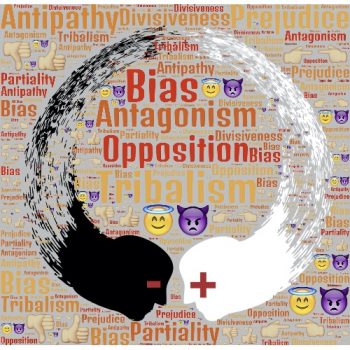“Whatever comes from sight, hearing, learning from experience: this I prefer.” (Kahn 14; cp. LM D31, W 11, S 55, DK 107)
Heraclitus is not a classical rationalist. The Logos is not simply accessible to the individual mind, cut off from the world around it. Rather, knowledge builds on the sensory. Here Heraclitus speaks though of three things: 1) sight, 2) hearing, and 3) learning from experience.
It is not enough merely to see or merely to hear. We also have to associate ideas, synthesize ideas, in order to learn. Heraclitus so very often speaks of those who hear but are as if deaf (F1, F2) or those who are awake but as if asleep. Yet for all that, he does not discount hearing or seeing and imagine that we can take flight into our own private worlds of the individual mind and acquire wisdom through rational reflection unhinged from the sensory or from divine revelation. His view is that many of the poets appears to be that they believe they do the latter, serving as oracles, but in fact they end up channeling cultural voices that they have internalized.
Heraclitus does not yet provide a full dialogical philosophy that combines sense experience and reflection, but he sets forth the principles of one. The sensory facilitates learning from experience. Those who do not go beyond their own minds, moving from the private to the common world, will not learn from experience.


